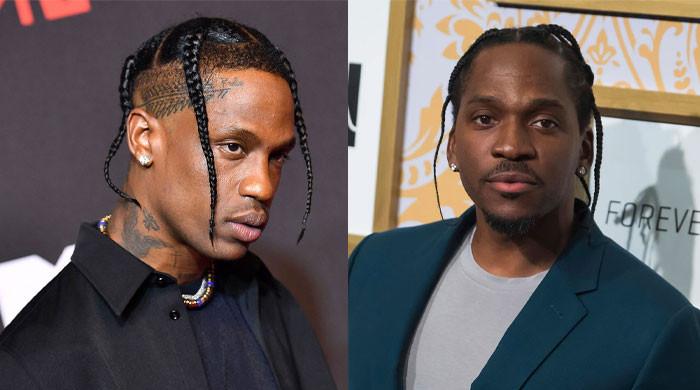Durbar Festivals In Nigeria: How Jigawa, Ilorin Are Rising Beyond Kano's Shadows | The Guardian Nigeria News - Nigeria and World News
AS an academic with a strong focus on African art history and cultural symbolism, I am pleased to provide this critique of Emmanuel Solate’s recent article, ‘Durbar Festivals in Nigeria: How Jigawa and Ilorin Are Rising Beyond Kano’s Shadows’.
This review reflects my independent analysis of the piece based on its content, presentation and contribution to Nigerian cultural discourse. Solate demonstrates exceptional skills in cultural storytelling and heritage journalism.
In this article, he brings to light the historical and sociocultural background of the Durbar festival in Northern Nigeria.
The piece effectively explores the origins of the Durbar, its religious and community significance, and the reasons for its continued relevance over generations.
Notably, the article also addresses the recent decline of Kano’s historically prominent Durbar celebration and contrasts it with the rising visibility of the Jigawa and Ilorin festivals. This comparative perspective adds a valuable lens to understanding how regional identity and political context affect cultural preservation and evolution.
One area that could have been more thoroughly explored is the symbolic language embedded in the ceremonial attire. An expanded analysis of the colour codes, turban styles, and embroidered motifs worn by various Durbar participants would have provided deeper insight into the visual culture of the festival. These visual elements hold significant cultural value and can serve as an interpretive tool for readers from diverse backgrounds.
Nevertheless, the article remains a well-researched, engaging, and visually compelling contribution. The clarity of thought, accuracy of information, and use of imagery make it accessible to both scholarly audiences and general readers. As such, I consider this work suitable for academic citation, public education, and cultural discourse.
In summary, Solate’s article is a commendable contribution to contemporary cultural writing. His ability to blend journalism, cultural critique, and historical awareness reflects his growing stature as a leading voice in Nigerian heritage documentation. I wholeheartedly recommend this work for public readership, cultural policy reference, and educational use.
Dr. Samuila is of Department of Fine and Applied Arts, University of Jos, Plateau State, Nigeria, [email protected]
You may also like...
Diddy's Legal Troubles & Racketeering Trial

Music mogul Sean 'Diddy' Combs was acquitted of sex trafficking and racketeering charges but convicted on transportation...
Thomas Partey Faces Rape & Sexual Assault Charges

Former Arsenal midfielder Thomas Partey has been formally charged with multiple counts of rape and sexual assault by UK ...
Nigeria Universities Changes Admission Policies

JAMB has clarified its admission policies, rectifying a student's status, reiterating the necessity of its Central Admis...
Ghana's Economic Reforms & Gold Sector Initiatives

Ghana is undertaking a comprehensive economic overhaul with President John Dramani Mahama's 24-Hour Economy and Accelera...
WAFCON 2024 African Women's Football Tournament

The 2024 Women's Africa Cup of Nations opened with thrilling matches, seeing Nigeria's Super Falcons secure a dominant 3...
Emergence & Dynamics of Nigeria's ADC Coalition

A new opposition coalition, led by the African Democratic Congress (ADC), is emerging to challenge President Bola Ahmed ...
Demise of Olubadan of Ibadanland
Oba Owolabi Olakulehin, the 43rd Olubadan of Ibadanland, has died at 90, concluding a life of distinguished service in t...
Death of Nigerian Goalkeeping Legend Peter Rufai

Nigerian football mourns the death of legendary Super Eagles goalkeeper Peter Rufai, who passed away at 61. Known as 'Do...




